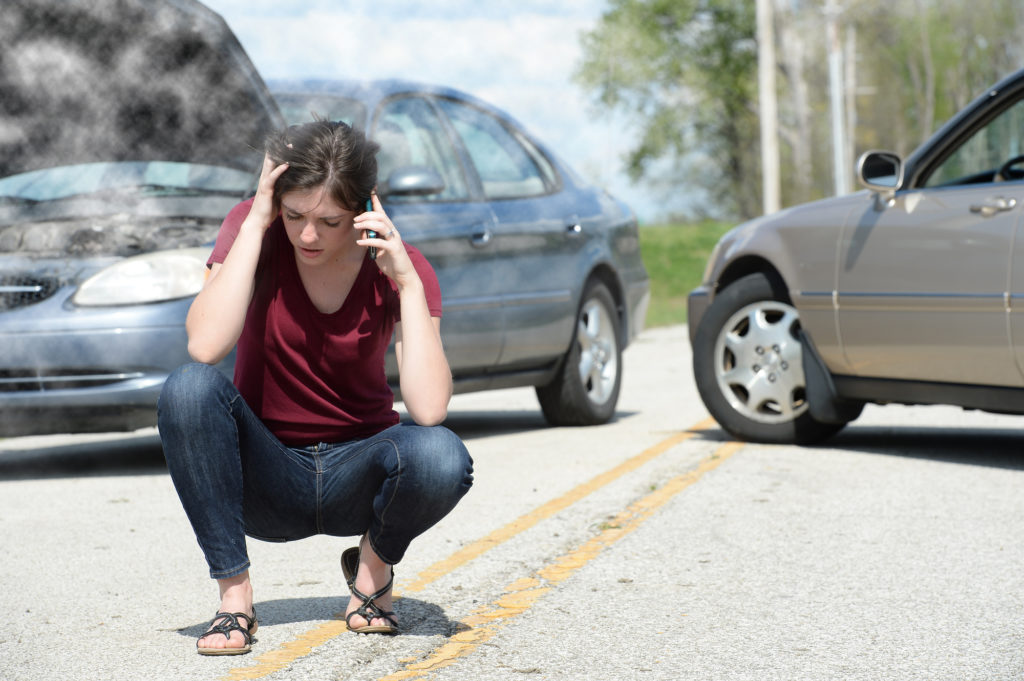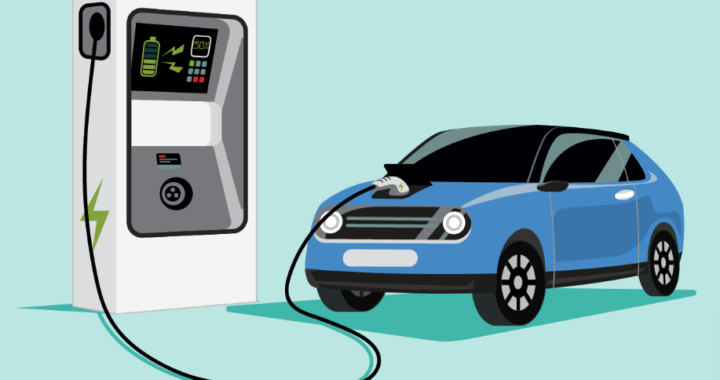Can I Collect Damages for a ‘Minor’ Car Accident?

car, accident, driver, traffic, crash, insurance, auto, person, phone, accidents, people, collision, wreck, repair, damage, vehicle, one, cell, call, mobile, female, dented, horizontal, man, woman, roadside service
The extent of damage one can experience following a car accident depends on numerous factors. The type of vehicle you’re driving, the speed at which you collide, and the side of the are all significant factors in determining the level and nature of the damage to remediate. Still, you must realize that no matter the extent of the damages, minimal or extreme, you are entitled to receive compensation for the damages inflicted on your property and vehicle. Here’s some crucial information on how to pursue your rightful compensation after a collision as provided by the car accident lawyers at Ellis Injury Law.
Collecting Compensation Following a Car Accident
The method by which you will collect compensation for your car accident will depend on your state of residence. This is because some states are at-fault or “tort” states, whereas others are no-fault. In tort states, the individual found to be negligent, and therefore, the one liable for the collision will be held responsible for compensating the damages and medical expenses of the victim. However, to receive this compensation, the victim must prove that the negligent party was, in fact, the cause of the accident. As long as these details are proven, it doesn’t matter how insignificant you believe the damages to be – you are eligible to have them covered.
Be aware that there are many different types of damages that can be compensated:
- Pain and suffering: Not all damages are physical in nature – many vehicle collisions result in an individual becoming mentally or emotionally injured as well. This type of damage is comprised of both physical and mental injury. The plaintiff may claim physical pain or discomfort as a result of events during the collision – these effects would have to be proven and supported by medical documentation. On the other hand, mental suffering may take the form of post-traumatic stress disorder (PTSD) from experiencing or witnessing a collision, emotional distress, or other psychological effects that interrupt the individual’s normal activities and/or work.
- Medical expenses: Of course, this is rather straightforward. Medical expenses involve all hospital, clinic, etc. bills incurred due to the evaluation and treatment of injuries following a collision.
- Lost wages: Depending on the extent of the injuries and damages you incur as the victim of a car accident, you may have to miss out on work due to essential medical treatment or home-based recovery. Even those who suffer from mental trauma as a result of a car accident may have to take some time off work.
Keep in mind that property damages are not exclusive to your personal belongings that may have been stored inside the vehicle. Damages to your vehicle will be covered by compensation as well, that is, if it is not declared to be a total loss.
Pursuing Compensation for Car Accident Damages
Since collisions vary so widely, it is impossible to give an accurate estimation of how much you will receive after filing a claim. Depending on the circumstances, you may even be found partially liable for the incident, which may reduce your compensatory award. In all this confusion, you need an experienced car accident attorney by your side. They will be able to guide you in filing a claim t and ensure that all evidence is collected, giving you the best chance at getting the funds you deserve for a full recovery.

 ATV Parts Hamilton: Ensuring Uninterrupted Adventures in the Steel City
ATV Parts Hamilton: Ensuring Uninterrupted Adventures in the Steel City  Why Small Business Owners are Buying Electric Cars
Why Small Business Owners are Buying Electric Cars  Tips and Tricks for Car Owners
Tips and Tricks for Car Owners  Doorstep Car Servicing- A Service You Can’t Ignore
Doorstep Car Servicing- A Service You Can’t Ignore  The Best & Easy Ways you can customize your motorcycle
The Best & Easy Ways you can customize your motorcycle  Wafid Medical Centres Near Me: Updated GAMCA Clinic List for India (2025 Guide)
Wafid Medical Centres Near Me: Updated GAMCA Clinic List for India (2025 Guide)  Mastering Mandarin in the North: Your Trusted Tuition Centre in Woodlands
Mastering Mandarin in the North: Your Trusted Tuition Centre in Woodlands  Winter Edit: Chic Suits for Women and How to Layer Them
Winter Edit: Chic Suits for Women and How to Layer Them  How To Find The Best Men’s Running Shoes For Every Activity
How To Find The Best Men’s Running Shoes For Every Activity